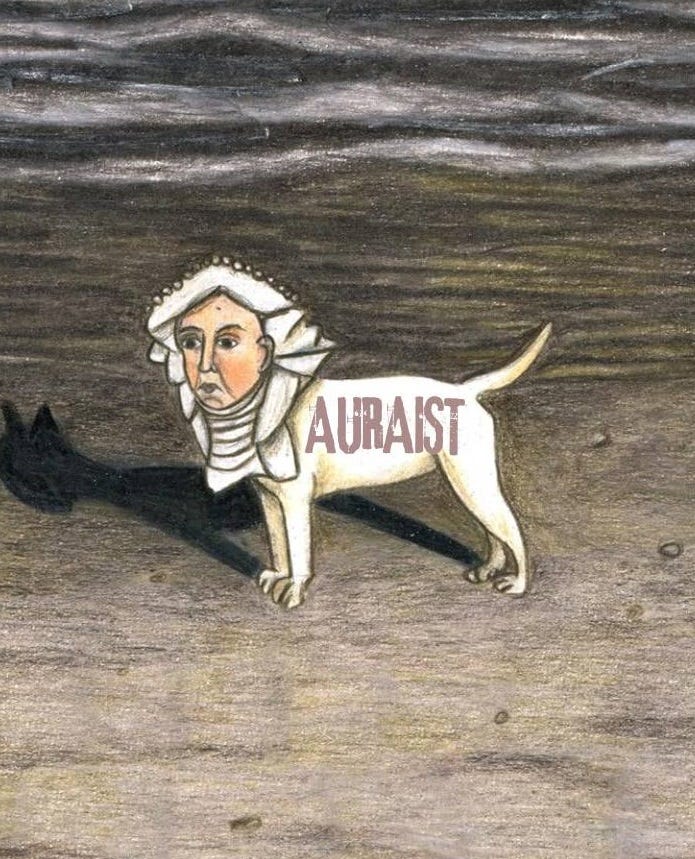Literary fiction: the best-written recent releases III
Read the opening pages of our picks below
Keep reading with a 7-day free trial
Subscribe to Auraist: picking the best-written books to keep reading this post and get 7 days of free access to the full post archives.




